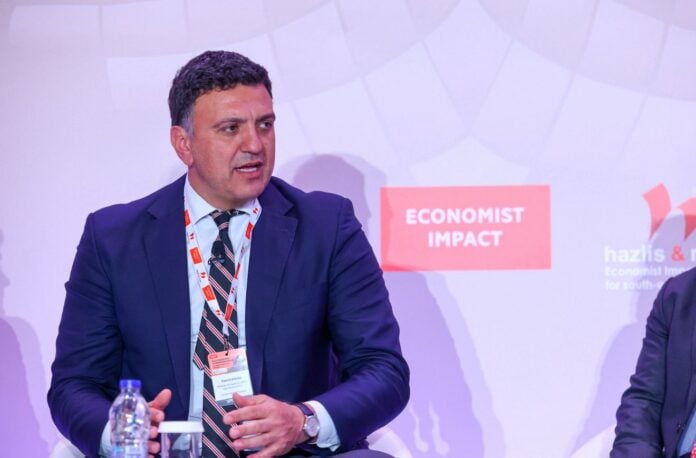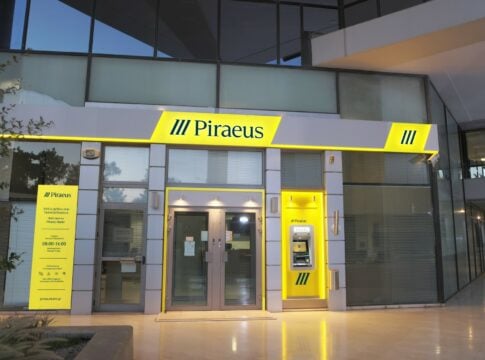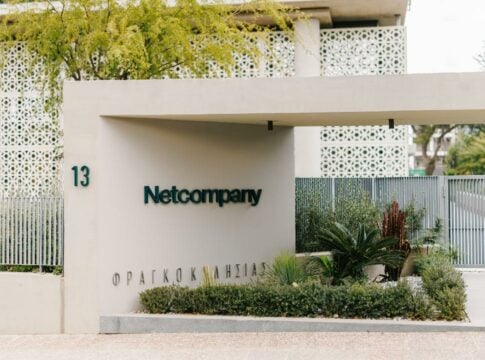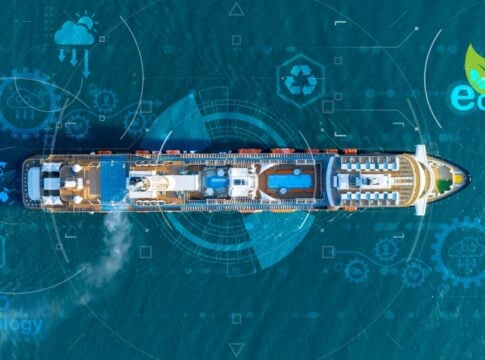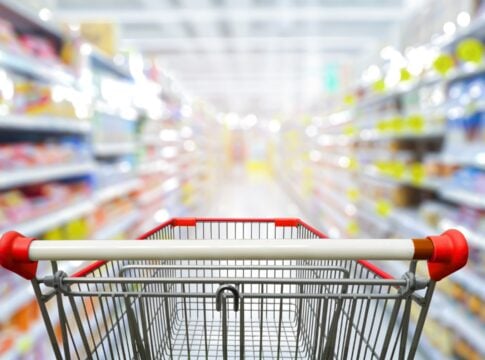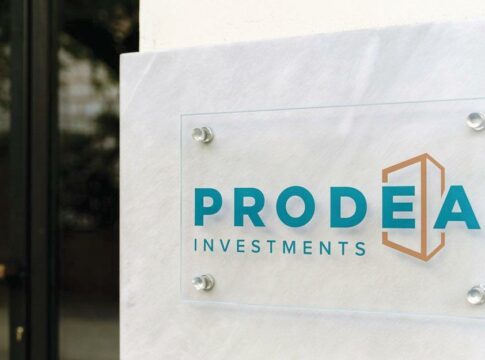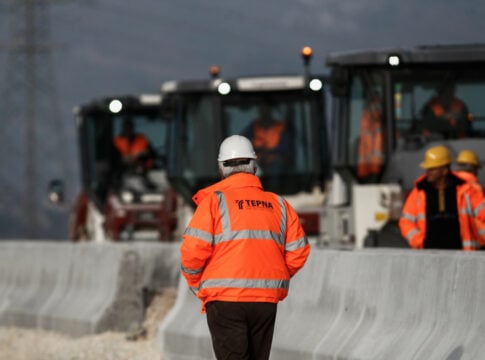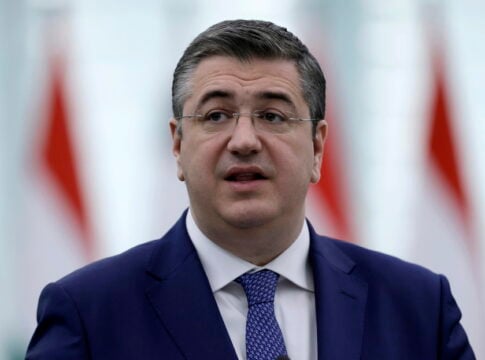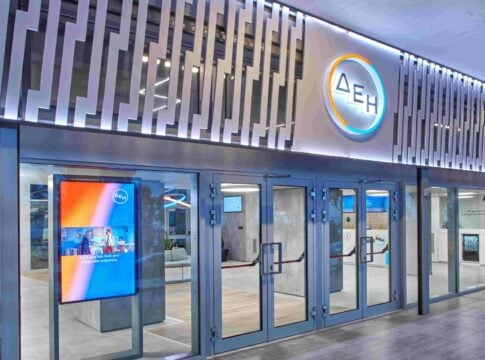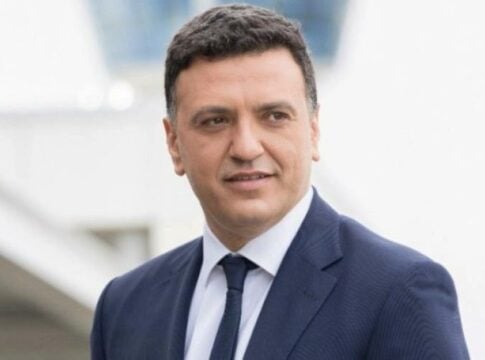Greece’s strategic intention to utilize the power of Greek-owned shipping as a negotiating tool in global developments in the field of trade and maritime transport was highlighted by the Minister of Maritime Affairs and Insular Policy Vasilis Kikilias, speaking at the Economist conference on Transport and Infrastructure in Greece.
As he stated, 21% of the world’s shipping power belongs to Greek interests, which is a huge advantage for the country at the international negotiating table.
“Congratulations to the family of Greek shipowners and entrepreneurs for their contribution to the economy, coastal shipping, ocean-going shipping and tourism,” Kikilias said adding that 80%-90% of world trade is transported via sea routes, a fact that confirms the importance of shipping as a global pillar of power.
The enormous added value offered by Greek-owned shipping, according to the minister, constitutes the strongest “passport” for the country to gain an upgraded role in global dialogue and trade agreements. He underlined that the use of this power must be translated into benefits for Greek society, with more opportunities, a rise in living standards and support for citizens and the average Greek family.
Referring to the importance of Greek ports, the Minister said that from ancient times to the present day, trade and the prosperity of peoples have been based on the sea. Although the means and technology have changed, maritime transport remains dominant, transporting approximately 90% of the goods circulating worldwide.
He referred extensively to the importance of strategic investments in ports such as Piraeus, where the cooperation with COSCO is, as he said, a positive step, but there are even greater possibilities for expansion and mutually beneficial relationships.
Kikilias also placed particular emphasis on the port of Alexandroupolis, which, as he emphasized, is developing into an energy hub with the flow of energy shifting from the South to the North, due to the new geopolitical data. He also referred to the port of Souda, which he described as pivotal for the Western world, due to its strategic location at the entrance to the Mediterranean.
“Port infrastructure is a crucial factor in attracting investment, creating jobs and enhancing the standard of living of citizens,” the Minister concluded, noting that the Greek seas and ports can be a lever of development for the entire country.
In response to a question on the issue of integrating artificial intelligence and advanced technologies in the critical sector of shipping and maritime border security, the Minister said that competitions are already underway for the use of drones, satellite imagery and 24-hour surveillance via cameras.
“Maritime borders are not just sea – they are Europe’s maritime borders and require technological coverage and vigilance,” he noted. As he explained, this new approach utilizes real-time data to enhance security, while it is a continuation of the experience gained with the implementation of the Civil Protection program ‘Aegis’, worth 1 billion euros, which was completed in just 15 months.
Technology, according to the minister, does not only concern the operational reinforcement of the Coast Guard, but also the commercial use of ports. He clarified, however, that the use of artificial intelligence does not necessarily mean a reduction in jobs. On the contrary, it opens up new prospects for employment and growth.
“Shipping offers many well-paid jobs, and we need to communicate this through universities, colleges and schools. It is an industry with a future, which gives young people the opportunity to make their dreams come true,” Kikilias noted, underlining the importance of education and vocational training in this sector.
On the issue of geopolitical developments and the tariff policy that is of great concern to global trade, the minister said that “periods of uncertainty are also periods of opportunity. I choose to see the glass as half full,” Kikilias emphasized, estimating that the market will balance out, as the initial rhetoric around tariffs seems to have gradually softened in recent weeks.
Kikilias emphasized that Greece is not negotiating from a position of weakness, but from a clear position of power, thanks to the strategic importance of Greek ports in the international trade system. “We are an important link in the global supply chain,” he said, adding that the country has strong alliances both within Europe and with the United States, while it is also developing cooperative relations with the Middle East.
He also set the goal of unifying European ports at the logistics level, by strengthening rail connections, which – as he noted – will have a direct positive impact on European economies.
The minister announced that, once the management of the customs issue is completed, he will put on the table the discussion on investments in “green ports” in Greece. Referring to the transformation of the coastal shipping fleet through special programs, he stated that the goal is to attract high-quality investments and strengthen competitiveness with solutions.


